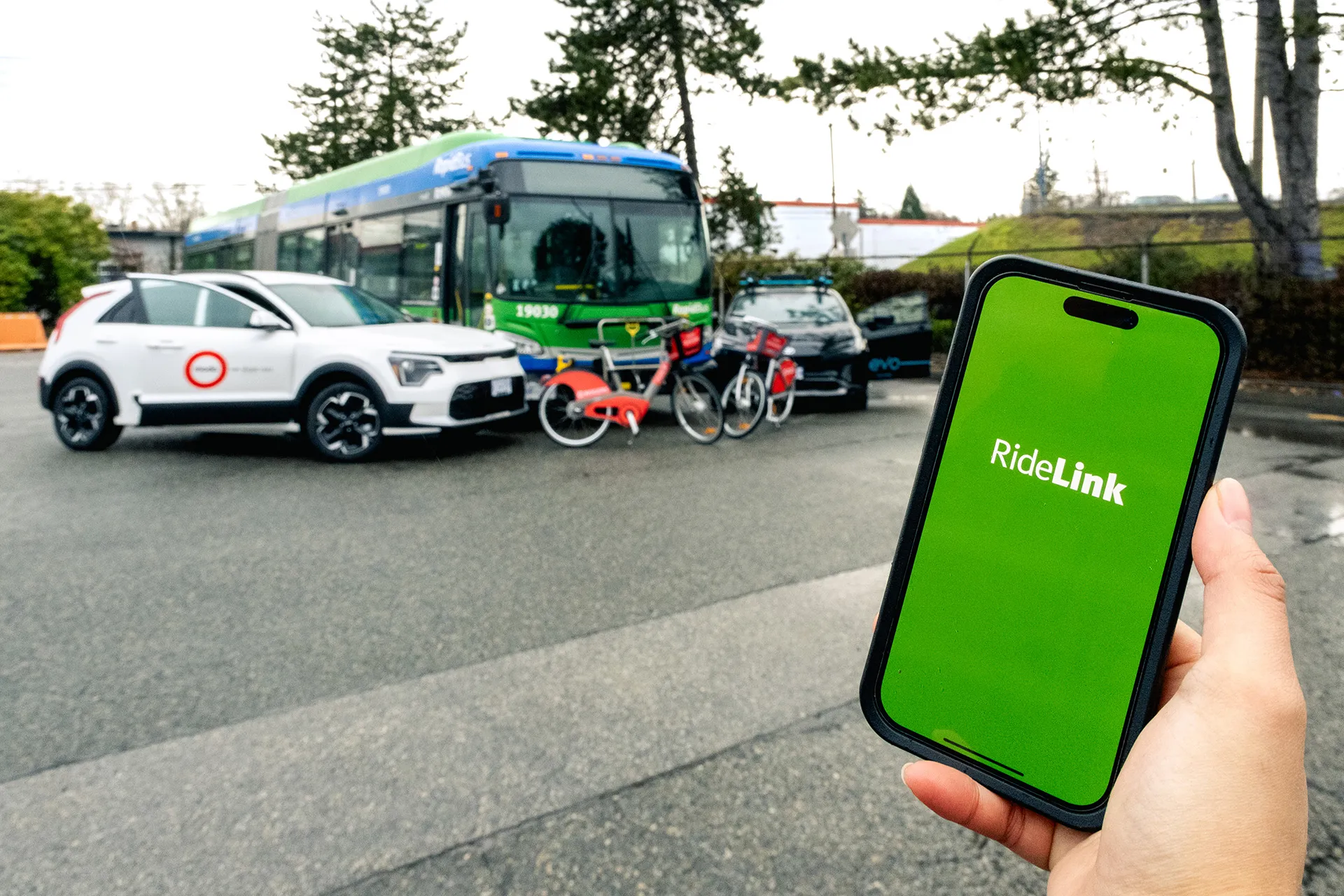A new pilot program recently launched by South-eastern Pennsylvania Transportation Authority (SEPTA) will audibly warn pedestrians in the vicinity of a bus when the vehicle is making a turn. The Safe Turn Alert System pilot is an extension of the Authority's distracted commuter awareness program and designed to warn pedestrians, specifically those engrossed in phone calls, text messages and music that the bus is turning. Protran's Safe Turn Alert Systems have been installed in 12 SEPTA buses for the pilot p
March 19, 2015
Read time: 2 mins
A new pilot program recently launched by South-eastern Pennsylvania Transportation Authority (SEPTA) will audibly warn pedestrians in the vicinity of a bus when the vehicle is making a turn. The Safe Turn Alert System pilot is an extension of the Authority's distracted commuter awareness program and designed to warn pedestrians, specifically those engrossed in phone calls, text messages and music that the bus is turning.
Protran's Safe Turn Alert Systems have been installed in 12 SEPTA buses for the pilot program. The device is connected to the bus' steering column and the Caution Bus Turning alert is triggered when the operator makes a turn. In addition to the external warnings, an announcement is made to the operator inside the bus.
"We are seeing more cases of people unaware of their surroundings," said Scott Sauer, SEPTA's chief officer of System Safety. "The Safe Turn Alert system uses an audio warning and a strobe light to make pedestrians aware that the bus is making a right- or left- hand turn. This is an added layer to our already extensive Make the Safe Choice campaign, not only geared toward our customers, but to the millions of area residents and visitors that interact with SEPTA on a daily basis."
The pilot program will run until October 2015. Safe Turn Alert-equipped buses will be used on specific routes at each of SEPTA's eight bus districts, operating throughout SEPTA's five county service area. One route per week will use the buses in regular service. "To get an accurate snapshot of the system's functionality, we chose routes where buses make many turns," said Sauer.
"Our Operations, Training, System Safety and Vehicle Engineering and Maintenance Departments will evaluate the system throughout the pilot program," said Sauer. "We will examine the volume of the alerts during turns, reactions of passengers and pedestrians to the audio and visual warnings, additional technical issues and the general upkeep of the system."
Protran's Safe Turn Alert Systems have been installed in 12 SEPTA buses for the pilot program. The device is connected to the bus' steering column and the Caution Bus Turning alert is triggered when the operator makes a turn. In addition to the external warnings, an announcement is made to the operator inside the bus.
"We are seeing more cases of people unaware of their surroundings," said Scott Sauer, SEPTA's chief officer of System Safety. "The Safe Turn Alert system uses an audio warning and a strobe light to make pedestrians aware that the bus is making a right- or left- hand turn. This is an added layer to our already extensive Make the Safe Choice campaign, not only geared toward our customers, but to the millions of area residents and visitors that interact with SEPTA on a daily basis."
The pilot program will run until October 2015. Safe Turn Alert-equipped buses will be used on specific routes at each of SEPTA's eight bus districts, operating throughout SEPTA's five county service area. One route per week will use the buses in regular service. "To get an accurate snapshot of the system's functionality, we chose routes where buses make many turns," said Sauer.
"Our Operations, Training, System Safety and Vehicle Engineering and Maintenance Departments will evaluate the system throughout the pilot program," said Sauer. "We will examine the volume of the alerts during turns, reactions of passengers and pedestrians to the audio and visual warnings, additional technical issues and the general upkeep of the system."








